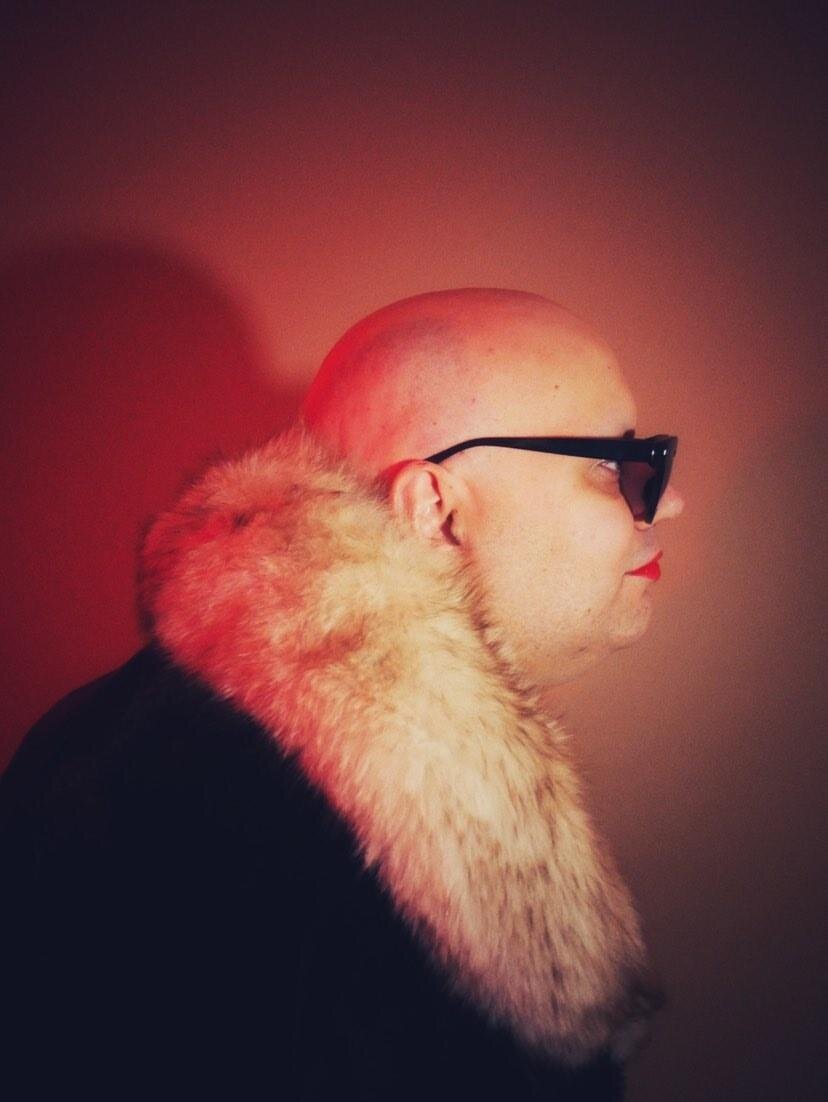
Nine Snowboots
The longest month
January still hasn't ended yet, but it feels like ages since the new year began. I'm not sure whether it's the weather (a few storms, but no actual storm days aside from an early close) or something else but time seemed to slow down this month.
Another life update
I want to thank all those who responded to my last post; I haven't been so great at finding the time and brainpower to send my reply to your kind e-mails as of yet, but rest assured that I will sooner or later. (Also, keep them coming! I take a look at my site analytics to see where my traffic comes from, and wonder who's visiting the page.)
A request for personal e-mails
I miss e-mail. I still get plenty of new things filling up my inbox, but just like the box in my apartment lobby, most of what I get is bill notifications, subscriptions, and junk mail. The odd piece of correspondence from another human being slips through on occasion, but not enough for my liking.
Escalitopram
I finally decided to go to a walk-in clinic on November 23rd regarding my depression. This was a step I had been thinking about taking for a little while, but something in me held me back.
It's not you, it's me
I’ve been trying to come up with a personal blog post for a little while. Maybe this comes with the trap of having an online space signed with your name, but I’m afraid of posting what I truly feel because I worry about how such a post will reflect on me. Every time I consciously try to write something I end up generalizing things so much to the point where it rings false.
The summer's gone, but a lot goes on forever
Leonard Cohen is gone. It was an inevitability, telegraphed by the man himself in recent months, but seeing the official status at the top of my Facebook feed was an unwelcome surprise tonight. Right now, it doesn’t feel much like the big loss I expected to feel; in a year that already claimed David Bowie and Prince, where voters in the UK and US legitimized hatred and resentment of the other, Cohen’s death almost seems anticlimactic. Just another light gone out after our eyes already adjusted to the darkness.
It's still hard to write about feelings
I relate so much to this comic that Kelly posted a few days ago. I relate to a lot of her work, but that one really depicts so many of my current struggles.
First week
I'm back among the ranks of the employed. It's another temp gig, but I'm glad to be earning money again instead of trying to make ends meet on EI (It's not fun).
Rut
I'm in a little bit of a rut. Unemployment will do that to you, even when you're trying to keep busy with job applications and a weekly writing project, but the things that make for good stories are come second to making sure the rent and bills are paid, and there are only so many things you can do to spice up the job hunt process.
Still processing, still grieving
In the wake of the Orlando shooting, I'm reminded just how thankful I am for the lifeline that is the Internet and social media; seeing my friends express their personal feelings over the matter rather than reverting to some ready-made impersonal #prayfororlando. I'm grateful for the rage of the activist communities fighting back against attempts to downplay the queer and racial identities of those slaughtered, and denouncing those that express false solidarity and cynically use the LGBT community as a cudgel against Muslims and immigrants.
I'm still processing this tragedy. I suspect I will be for a long time.
Horrifying reality
I'm still a bit numb and sad about the senseless shooting at a gay nightclub in Orlando. I'm angry too, but mostly at Donald Trump, who wasted no time in gloating about how this incident somehow justifies his racism.
I'm not surprised he did that.
I'm not surprised yet another mass shooting happened either.
Writing the same things over and over again
I tell myself I need to update this blog more often than I do.

Side gig
I'm currently looking for work, so the photography thing hasn't been a big priority for the past few weeks. I haven't really felt motivated to write either, although sometimes I get the urge in the middle of the night, which I usually try to extinguish because my sleeping patterns are messed up enough as it is. Pay-what-you-can photo shoots are still on the table indefinitely, but it's definitely a side-gig for me at best; to be honest, even that doesn't seem like much of a priority compared to finding full-time employment.
Surrender
I'm usually not that comfortable around people until I know them well enough. I love good conversation, but I have to be past that awkward get-to-know-you stage in order for my guard to fall; unless I'm completely relaxed around a person and completely familiar with their energy, face-to-face conversation is a stilted chore.
Bollocks and poppycock
I'm trying to make good on my intention to update this thing more often, but it's hard to be motivated to write when you're so exhausted.